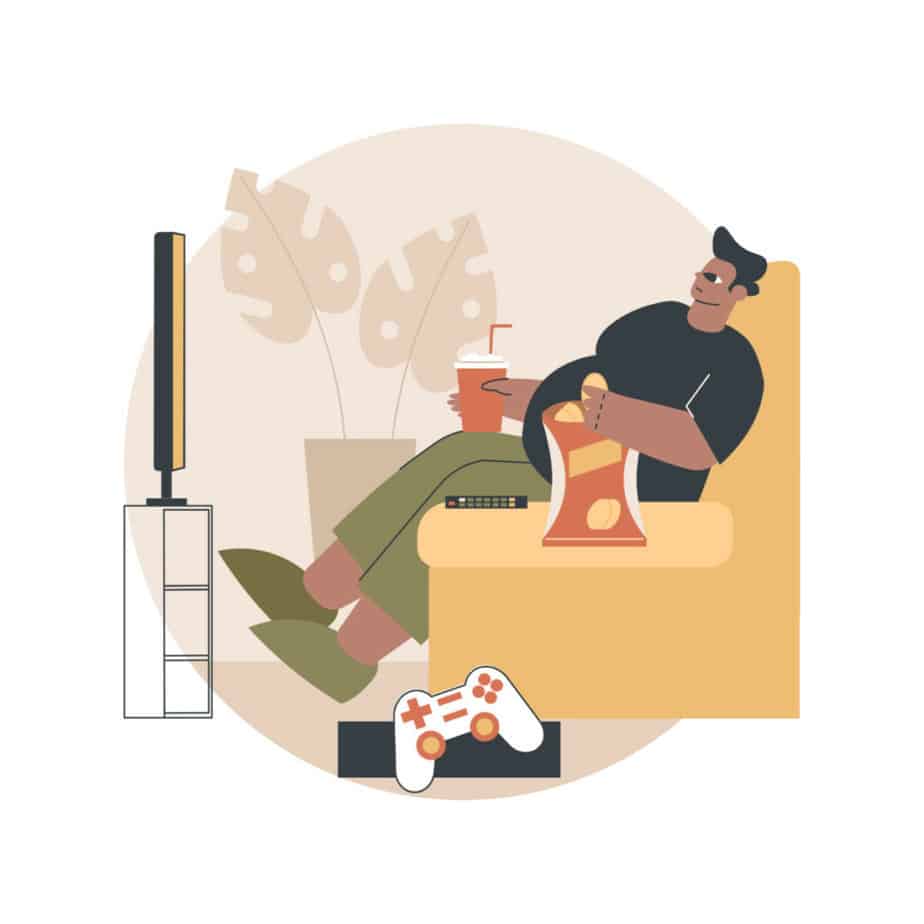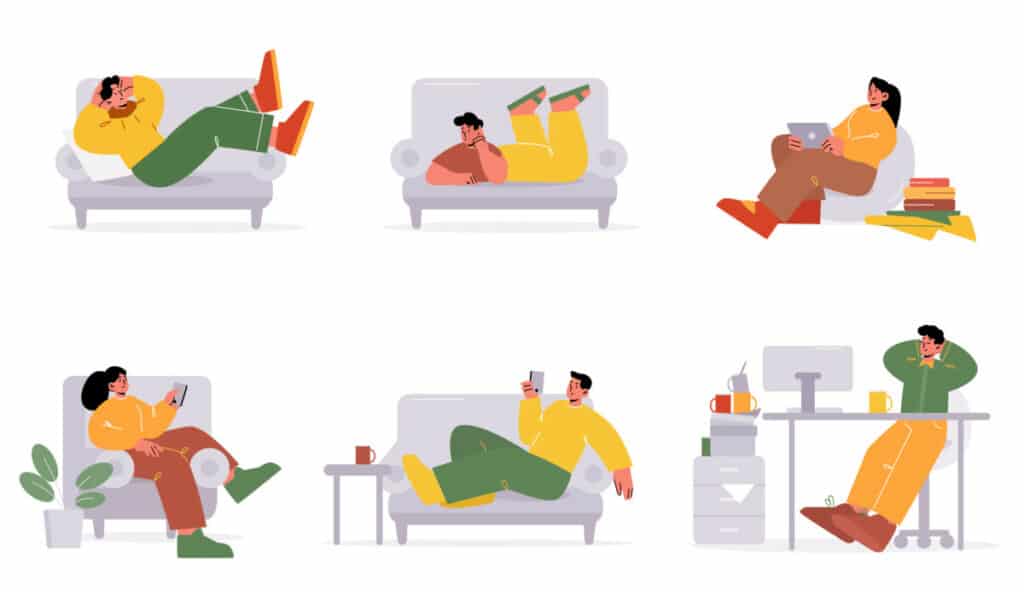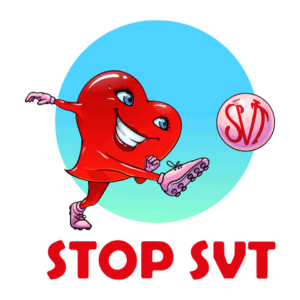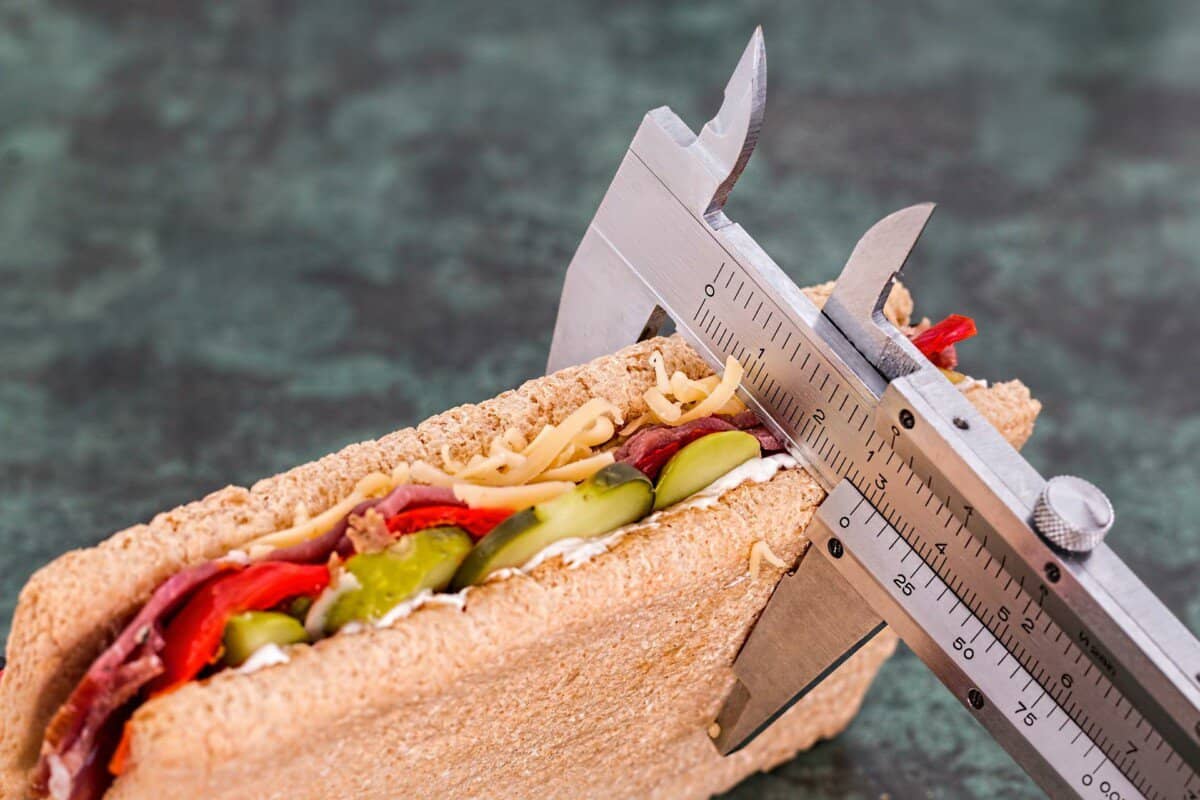So many times, I have repeated certain mistakes that prevented me from reducing my palpitations and episodes of SVT; therefore, I think it is essential to share them with you. After all, it is about discipline, new habits, and knowing what makes your heart thrive.
Table of Contents
Eating All Day
Negative consequences will undoubtedly occur if you do not have a regular meal schedule and eat all day randomly. When I had been eating all day long, I would gain weight , have digestive problems, nutritional deficiencies, and the worse SVT symptoms.
A solution I found is intermittent fasting or alternating periods in which you voluntarily refrain from caloric intake with periods when you eat. A classic example would be the 16/8 model. You fast sixteen hours a day, and there is an 8-hour window left in which you eat. The meal schedule is organized in such a way as to fit in the 8 hours.
The advantages of eating in 8 hours interval are:
- Helps you lose weight.
- Accelerates the body’s metabolism.
- Improves your overall health.
- Reduces chronic inflammation.
- Regulates blood sugar and reduces insulin resistance.
- Reduces the risk factors for chronic diseases such as diabetes, cancer and cardiovascular diseases.
Not Loosing The Excess Weight

Extra pounds or obesity is a predisposing factor for heart disease.
Why is losing extra pounds important for those with SVT?
Because your goal is not only to be able to control an SVT episode, but also to keep your heart healthy, strong and capable of coping with these attacks for many years from now on.
If you manage to eat within a 6 to 8 hour window helps you get rid of unwanted pounds in a much healthier way than with other diets. It is known that one of the problems that occur when you lose weight is that with fat, you lose muscle.
One of the ways to strengthen our heart is through exercise, and for this we need muscles. The less muscle mass we lose in our endeavor to cut weight, the better for our heart.
Following some studies, it was found that after intermittent fasting, only 10% of muscle mass is lost compared to a loss of 25% in the case of other diets.
Not Drinking Plenty of Water
Avoiding dehydration is tremendously essential for people with SVT as it can trigger an episode.
About 20% of the water in the body comes from the food you eat and the remaining 80% from the fluids you drink.
Of course, this percentage varies depending on each person’s diet.
If you eat a lot of fruit, the percentage of water in the body from food will be higher. But if you fast 16 hours a day and have meals spread over 8 hours, you must keep in mind that the intake of water from food is lower because the caloric intake is lower.
Dehydration makes the blood thicker and the heart work harder to send blood throughout the body.
As a result, blood pressure and heart rate increase.
When you drink 6-8 glasses of water a day, the blood becomes more fluid and the heart no longer has to force itself to pump blood. Blood pressure drops, as does the heart rate and you are less predisposed for an SVT attack.
Establishing a formula that tells you how much water you should drink each day is very difficult. A practical way to check if you are dehydrated or not is to observe the color of the urine. A transparent yellow color means you drink enough water. If the urine color is dark yellow to orange, it may be a sign that it is time to drink more water.
Not Having An Anxiety Coping Strategy
There appear to be strong links between your anxiety level and the frequency of SVT episodes.
When you face a stressful situation, a series of physiological reactions occur in your body:
- Your blood pressure rises
- Blood is sent to the extremities to cope if you have to run away from an enemy
- The digestive, reproductive and immune systems are put on hold
- Your body is preparing for only one thing: how to escape a possible physical danger
Interestingly, it is enough to imagine a scenario in which you are in danger for all this cascade of reactions to occur.
You may think something like:
- I might have an SVT while driving
- I do not want to leave the house because I’m afraid of having an attack
- I don’t go to the gym because I might have an episode there
In these scenarios, you set limits based on anxiety, and your brain does not differentiate between real danger and one created by your mind.
Therefore, you will have a life guided by fear and stress.
That is why it is essential to develop a technique that removes the unhealthy stress level and brings a balance between emotions, mind, and body.
Walking represents the minimum daily activity you do to keep your heart in good health.
Walking, practiced daily, increases your energy, helps you relax, reduces your anxiety, and gives you more confidence in your strengths. Connecting with nature is something even better than taking an anxiety pill.
Walking 10000 Steps In One Session But Sitting For The Rest Of The Day

How much do you need to exercise to stay healthy?
You’re mistaken if you believe the time spent at the gym or 10,000 steps ensures optimal health. Sometimes the way you spend the rest of the day may even cancel out the effort you put into training for an hour.
To maintain optimal health, you need to be active during the day. That time at the gym is highly beneficial, but how you spend the other hours of the day matters a lot.
Recently, many studies showed that a sedentary lifestyle is associated with an increased risk of death.
Aiming for any activity that keeps you moving and prevents a sedentary lifestyle would be best. Physical activity of at least 1 or 2 minutes is recommended for every hour spent sitting.
Exercising When Your Heart Is Irritated
If you wake up in the morning and it is one of those days when you feel like you are expecting an SVT attack at every step, it is not the time to go to the gym or have too high expectations of you in terms of physical effort that day. Take time to relax, hydrate, do some breathing exercises, and maybe an easy walk that does not require too much effort. Be gentle with yourself. The heart might need a little more attention due to hormonal changes or poor sleep. Tomorrow is another day.
Not Being Consistent When Things Improve
I found out that drinking one glass of coconut water in the morning reduces my ectopic load and make my heart more stable due to potassium intake. However, when I don’t experience palpitations for few days in a raw, I tend to forget about my healthy habit. I take my health for granted and one bad lifestyle practice follows another like a snowball. I end up tired, working too much without breaks, eating poorly, sleeping late and you may predict the result. So being consistent with what you have found working for you is as crucial as knowing what to do to improve your heart health.
Why Avoiding These SVT Mistakes Must Be Crucial For Your ?
Once diagnosed with SVT, you must establish your goals regarding your heart health.
- How are you going to manage this condition?
- Do you have short-term goals, meaning you want to feel good now, or long-term goals?
- Is it vital for you to have a healthy heart even at 90?
- SVT is not a problem if you have a healthy heart, but the question is, what will you do in 20 years?
- How are you going to fight against cardiovascular disease?
If in 10-20 years you have high blood pressure, angina, or narrowed arteries, it will be much harder for you to cope with the episodes of SVT. So when there is comorbidity alongside an SVT diagnostic, it could be life-threatening, and things start to be more serious.
Preventing these mistakes will ensure a healthy heart in old age; this should be your ultimate goal.

